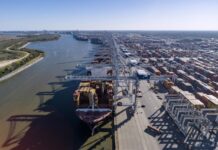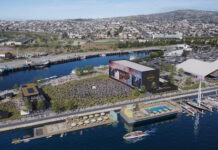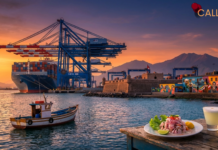
South Korea’s Ministry of Oceans and Fisheries (MOF) has acted to improve the transparency of container freight charges so that shippers will be better informed of the prices offered by liner operators, across a broad selection of routes.
From 1 July 2020 lines must disclose the full amount that shippers have to pay for a wide range of services. On 21 February, the government amended the Korean Shipping Act to prevent unfair trading and to improve the disclosure of freight charges.
Prior to this local and foreign liner operators published freight charges in four freight categories and three fee categories for 130 routes, based on container type and size, twice a year. In future, these will be published four times a year, and liner operators have to disclose whether transhipment is involved.
While a freight publication system has been in place since 1999, there have been complaints from shippers that due to price wars between liner operators, and the intense competition among feeder operators, there were often hidden charges.
To deter liner operators from undercutting each other, errant companies can be fined and ordered to correct freight charges that are deemed unreasonable.
Imported goods are not subjected to the new regulations, as these involve freight charges and contracts that are signed overseas. The export of recycled products, such as scrap metal, plastics and paper, are also exempt from the regulations, due to the low market value of these goods.
Whistleblowers can report unreasonable charges and errant liner operators to the Korea Ocean Business Corporation and the Korea Shipowners’ Association, which will pass on the cases to the MOF for investigation.
Failing to publish the full composition of freight charges of stipulated routes could result in a KRW1 million (US$834) fine, while KRW10 million (US$8,340) fine can be imposed on non-compliant liner operators or those that collude to rig bids for shipping contracts.
Martina Li
Asia Correspondent




